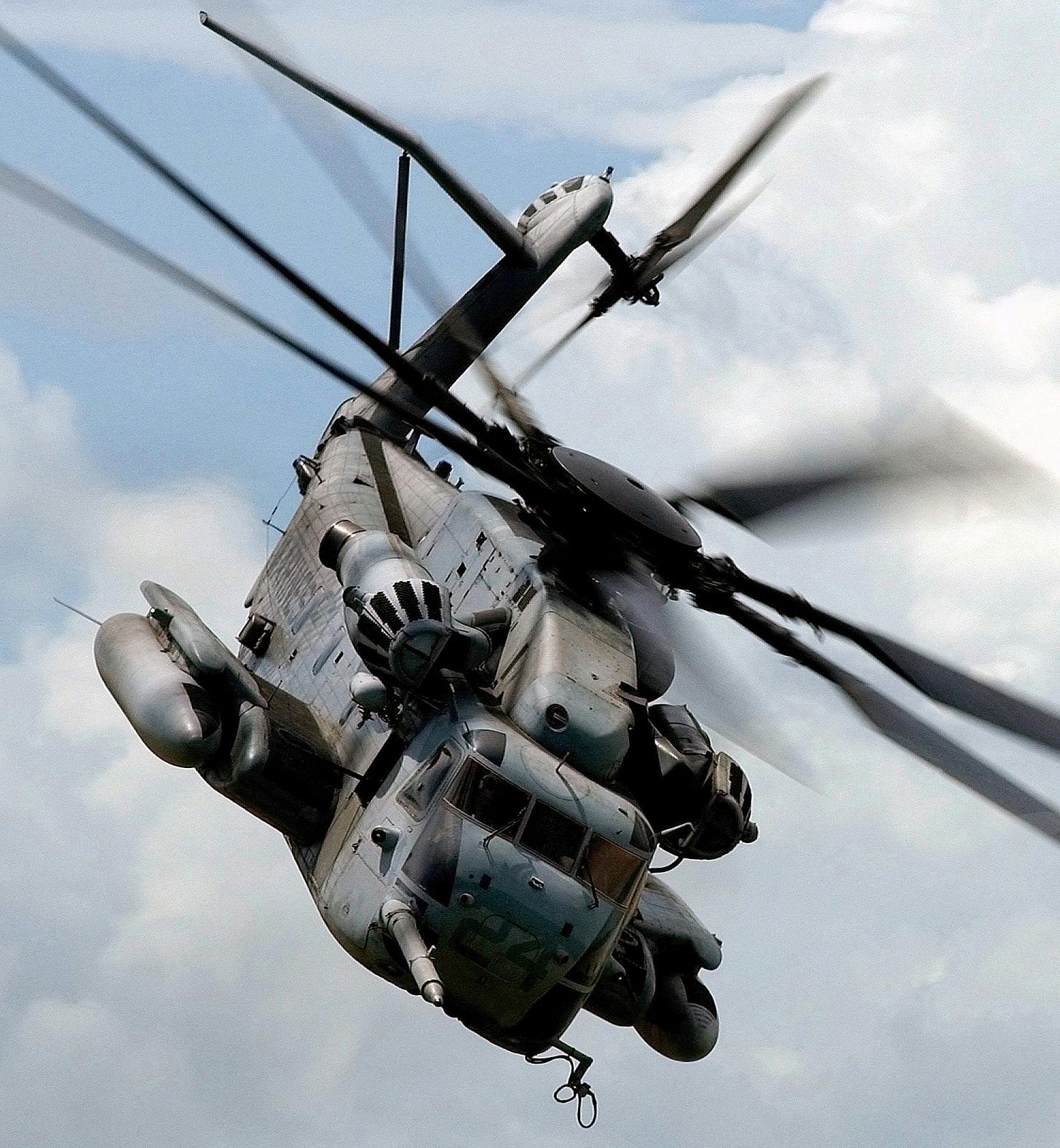Problems in the US Military, Updates from Cybera and SensusQ, Fundings: Accrete, ProCircular, VulnCheck
24 April 2024 - A Weekly Publication by New North Ventures
CYBERA: CYBERA and Scorechain have joined forces in a groundbreaking collaboration aimed at enhancing financial scam defense measures. By integrating CYBERA WATCHLIST™, an AI-driven tool, with Scorechain's blockchain analytics, the partnership promises unparalleled capabilities in tracking and mitigating scams, particularly sophisticated phishing schemes causing significant financial losses. Leveraging insights from this collaboration, the united efforts of CYBERA and Scorechain aim to set new standards in scam detection and prevention, contributing to a safer digital finance environment. This innovative alliance signifies a leap forward in ensuring financial security and combatting scams with unprecedented efficiency and accuracy. Read more here.
SensusQ: SensusQ recently participated in the inaugural Business Forum held in Kyiv from April 3rd to 4th, organized in partnership with the Kaitseministeerium/Ministry of Defence of Estonia, Estonian Defence and Aerospace Industry Association, and Defence Estonia Cluster. Their involvement demonstrates a proactive engagement in shaping future NATO standards, particularly focusing on interoperability. For further details on their participation and efforts in this regard, click here.
US Drones Underperform in Ukraine, Skydio and Others Face Setbacks
The Wall Street Journal reports that Skydio, a Silicon Valley-based UAV company, sent several high-quality drones to Ukraine to aid in defense against Russian aggression. However, the drones struggled against advanced Russian electronic warfare, resulting in loss and deviation. This setback has prompted Skydio to rethink its development strategy and create a new drone fleet better suited to combat environments.
This situation highlights a broader challenge for American UAV startups in the military sector, as combat experience hasn't significantly boosted market appeal or sales, creating difficulties for the Pentagon's urgent need for dependable small UAVs. The reputation of U.S. drones in Ukraine has suffered due to their fragility, expense, complexity, susceptibility to jamming, and failure to meet range and payload requirements.
Adam Bry, CEO of Skydio, openly acknowledged the underperformance of their UAVs in Ukrainian operations, highlighting the challenges posed by modern electronic warfare. In contrast, Ukraine has diversified its UAV sources, increasingly relying on inexpensive Chinese drones, particularly from SZ DJI Technology, and developing domestic drone production using Chinese parts.
This strategy has enabled the production of drones capable of carrying explosives and striking strategic targets deep within enemy lines. Despite their widespread adoption by the Ukrainian military, DJI has expressed disapproval of their drones being used in conflict.
US Navy Ship Programs Face Years-Long Delays Amid Labor, Supply Woes
The U.S. Navy is facing significant delays in several of its top shipbuilding programs, ranging from one to three years behind schedule, due to workforce and management challenges within the service and the industrial base. Following a 45-day review prompted by delays in a guided-missile frigate's construction, Navy Secretary Carlos Del Toro ordered an assessment to address shipbuilding challenges and ensure timely delivery of combat-capable vessels.
The review revealed delays in key programs such as the Columbia-class ballistic missile submarine, with the first vessel projected to deliver 12 to 16 months late. While the Navy has taken steps to mitigate risks, including prior to the pandemic, supply chain disruptions and workforce turnover have persisted, affecting programs like the Virginia-class attack submarine and the future Enterprise aircraft carrier.
The first Constellation frigate is also expected to deliver 36 months behind schedule due to management challenges at Fincantieri’s Marinette Marine shipyard. The review underscores the need for strategic workforce investment and risk-sharing between the government and shipbuilders to address design maturity, construction challenges, and supply chain weaknesses.
Quick Links:
Microsoft just revealed an AI that can produce a deepfake from only 1 photo.
The DOJ is now charged with protecting American data from foreign adversaries.
Founded: 2017
Key People: CEO Prashant Bhuyan
Elevator Pitch: A dual-use AI company intended to deliver configurable AI that automates complex analytical workflows with a focus on defense, intelligence, and cybersecurity.
Funding: The company raised $50 million of venture funding from undisclosed investors on April 19, 2024.
Founded: 2016
Key People: CEO Aaron Warner
Elevator Pitch: Cybersecurity consulting firm designed to proactively manage risk, meet regulatory commitments, and address the latest cyber threats.
Funding: The company raised $2.5 million of seed funding from undisclosed investor on April 19, 2024.
Founded: 2021
Key People: CEO Anthony Bettini
Elevator Pitch: A cyber threat intelligence platform intended to help organizations outpace adversaries.
Funding: The company raised $7.95 million of seed funding in a deal led by In-Q-Tel and Sorenson Capital on April 19, 2024.
Look for a new episode of Securing the Future Podcasts wherever you listen. In our most recent episode, general partner Jeremy Hitchcock sits down with John DeVito, a seasoned law enforcement professional with the Bureau of Alcohol, Tobacco, Firearms and Explosives (ATF), for an engaging conversation about his ongoing efforts to create safer neighborhoods and uphold justice across the nation.




